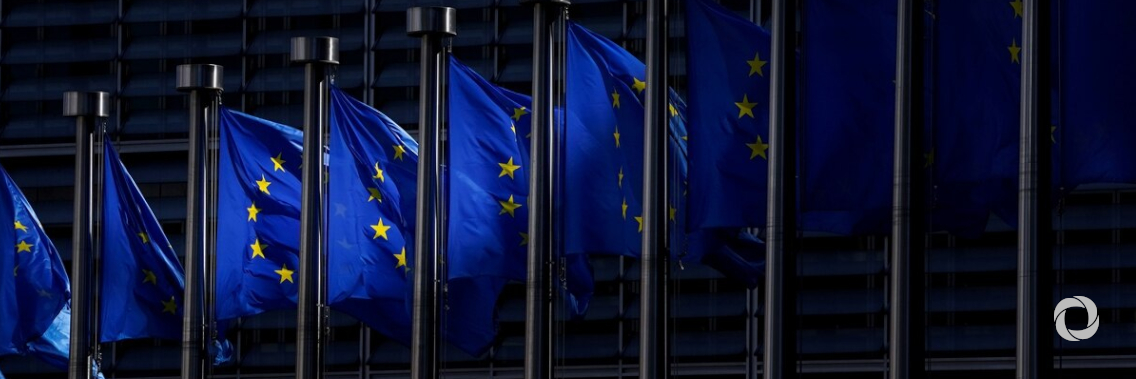The fourth High-Level Political Dialogue between the European Union and Papua New Guinea under the EU-ACP Partnership Agreement (Cotonou Agreement) was held on 5 November 2020. Discussions covered political, economic, and social developments, including the Covid-19 impact, as well as the EU-Papua New Guinea relationship with a focus on democracy and human rights and Bougainville after the referendum.
Attention was paid also to connectivity, investment, and trade aspects of sustainable development, climate change, and ocean governance as well as current and future development cooperation under the EU’s new Multiannual Financial Framework (2021-2027).
Papua New Guinea continues to be a key partner for the EU’s engagement with the Pacific, against the background of a changing geopolitical context. The EU acknowledged Papua New Guinea’s prominent role as a lead negotiator (together with Samoa) for the Pacific region in the ongoing negotiations between the EU and the African, Caribbean, and Pacific states in view of an agreement to replace the current Cotonou Partnership Agreement.
The EU has dedicated €120 million to support the countries in the Pacific region and Timor-Leste in the fight against the coronavirus pandemic and its consequences: On the health front €25 million have been allocated to fight the spread of COVID-19 and €95 million to mitigate its economic impact.
The EU and Papua New Guinea highlighted the importance of their partnership for stability and development in the Pacific Region and beyond, including through cooperation in support of the rules-based international order. They discussed the political, economic and social challenges posed by the COVID-19 pandemic. The EU informed that Covid-19 was calling for continued market openness, trade facilitation and multilateralism in the post-Covid economic recovery.
The EU welcomed the efforts of the Papua New Guinea Government to address the country’s structural challenges of good governance, rule of law and its focus on inclusive growth through economic diversification, value addition and competitiveness. Papua New Guinea confirmed its commitment to address gender-based violence, enhance rule of law, foster children’s rights, and continue to work towards finalizing the establishment of a National Human Rights Commission.
The EU welcomed the Government’s intention to find a negotiated solution on Bougainville, where in a non-binding referendum in November of last year 98 percent of the population voted for independence. Papua New Guinea expressed interest in more active EU support to the post-referendum consultation process and development assistance.
The EU and Papua New Guinea stressed their commitment to the full implementation of the Paris Agreement and to stepping up global action to tackle climate change in the lead up to COP 26 in 2021. They agreed that for global efforts to succeed, a low-carbon, climate-resilient development must be based on clean and secure energy. EU support to climate action taken by Papua New Guinea was also discussed.
The EU and Papua New Guinea discussed common priorities in areas such as the Green Deal, sustainable growth, good governance, and investments, including sustainable infrastructure, energy, and digital connectivity. The EU confirmed its support to the organisation of the second EU-PNG Business, Trade, and Investment Conference in 2021.
The EU and Papua New Guinea noted as a major step forward the launching in March 2020 of the EU funded programme to support rural entrepreneurship, investment, and trade in Papua New Guinea. This €85 million programme is the EU’s largest in the Pacific region. The EU-Papua New Guinea Partnership for Good Governance was also discussed. The EU informed about the main lines of the programming of its development cooperation under the new multiannual budget 2021-2027.
The EU and Papua New Guinea stressed the importance of good cooperation on International Ocean Governance in order to achieve ocean sustainability, notably regarding the seabed. In addition, the EU highlighted the good cooperation with Papua New Guinea in the fight against illegal, unreported, and unregulated fishing and welcomed the initiation, by Papua New Guinea, of the process towards the ratification of the Port State Measures Agreement in this regard.
Original source: European Union

